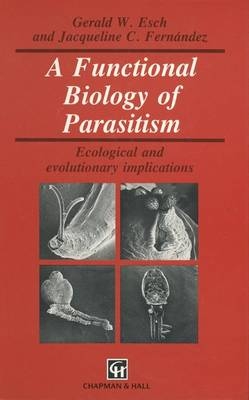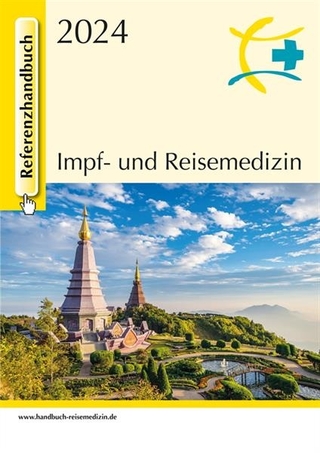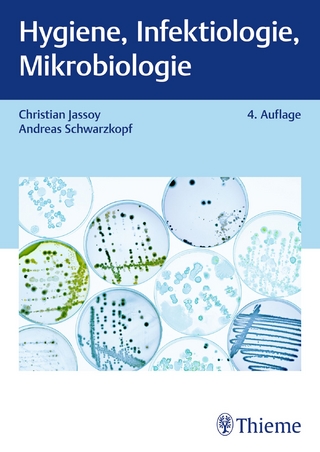
A Functional Biology of Parasitism
Chapman and Hall (Verlag)
978-0-412-39910-7 (ISBN)
- Titel ist leider vergriffen;
keine Neuauflage - Artikel merken
Parasitism is a lifestyle employed by over 50% of all known species at some point in their life histories. The book focuses on the functional biology of parasitism, primarily within an ecological context. The concept of parasitism is reviewed and analyzed, with special emphasis given to Crofton's quantitative approach. Discussions follow on the manner in which parasite population biology is influenced by both density-independent and density-dependent constraints. Consideration is then given to those systems in which parasites are known to affect host population dynamics; both epidemiological and epizootiological case histories are described. Life history strategies are described from the perspective of parasite reproduction and colonization, and host behaviour. The biology of parasitism is then emphasized at the infra-, component, and compound levels in vertebrate and molluscan hosts. Finally, host-parasite relationships are discussed from the standpoint of their genetics, micro- and macroevolution, and biogeography.
Part 1: The extent of parasitism; definitions; the concept of harm; some adaptations to parasitism; life cycle and ecology. Part 2 Population concepts: background; general definitions; factors affecting parasite populations; the dispersion concept; dynamics of population growth. Part 3 Factors influencing parasite populations: density-independent factors - introduction - case histories; density-dependent factors - introduction - case histories; suprapopulation dynamics - introduction - case histories. Part 4 Influence of parasites on host populations: introduction to the concept of regulation; Crofton's approach; overdispersion and regulation - introduction; overdispersion and regulation - case histories; epidemiological implications; models. Part 5 Life history strategies: reproductive strategies; colonization strategies; host behaviour and transmission; theoretical considerations. Part 6 Infracommunity dynamics: the evolution of parasite communities; infracommunity structure; the screen/filter concept. Part 7 Component and compound communities: core-satellite and generalist-specialist species concepts; determinants of the component community; habitat variability (succession) and parasitism; the biocoenosis and parasite flow; the allogenic-autogenic species concept. Part 8 Biogeographical aspects: some factors affecting the geographical distribution of parasites; patterns of distribution; ecological aspects; applied aspects of biogeography. Part 9 Evolutionary aspects: microevolution; evolution of host-parasite interactions; parasite influence in the evolutionary biology of the host. Part 10 Concluding remarks: population concepts; factors influencing parasite populations; influence of parasites on host populations; life-history strategies; infracommunity dynamics; component and compound community structure biogeographical aspects; evolutionary aspects; what next for the evolution and ecology of parasitism?
| Reihe/Serie | Functional Biology Series |
|---|---|
| Zusatzinfo | figures, tables, references, index |
| Verlagsort | London |
| Sprache | englisch |
| Maße | 156 x 234 mm |
| Gewicht | 600 g |
| Themenwelt | Medizin / Pharmazie ► Medizinische Fachgebiete ► Mikrobiologie / Infektologie / Reisemedizin |
| Naturwissenschaften ► Biologie ► Mikrobiologie / Immunologie | |
| Naturwissenschaften ► Biologie ► Zoologie | |
| ISBN-10 | 0-412-39910-5 / 0412399105 |
| ISBN-13 | 978-0-412-39910-7 / 9780412399107 |
| Zustand | Neuware |
| Haben Sie eine Frage zum Produkt? |
aus dem Bereich


